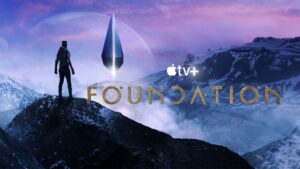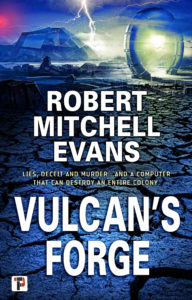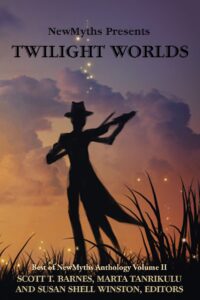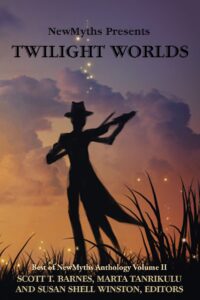In fits and starts I have completed a re-read of the classic Science fiction novel Dune by Frank Herbert. I had to work in fits and starts because a growing cataract situation in both eyes has limited my reading hours and much of those have been devoted to my current work in progress novel. I have read Dune before and wanted to revisit the material ahead of the release of the latest adaptation coming in October of this year.
Dune, set in a distant far-future, concerns the bitter and lethal rivalry between feuding noble houses, a treacherous emperor plotting against his own kin, a suppressed people on a harsh and unforgiven world, ecological transformation, and cartel powers all centered on a planet where deserts are the entirety of the surface area.
On one level the novel can be read as an adventure story as Paul Atreides having survived the destruction of his noble house plats, plans, and takes revenge on the forces that killed his father and exiled both he and his mother.
Another reading is as a warning about the power of charismatic leaders and religious fanaticism with Paul’s quest illustrating how even ‘just’ causes often lead to horror and injustice. The work can also be interpreted as treatise on the interconnectedness of life and the dependence everything shares with everything else in an ecology.
The theme one comes away with from Dune, adventured story, prophetic warning, or ecological explainer depends entirely on the read and what they brought with them to the process.
Published in the early 60s, Dune reflects much of its period and how prose fiction has changed in the intervening nearly sixty years.
By today’s writing styles Dune is a novel that engaged in a lot of head hopping. In the middle of a scene the point of view will shift from character to character revealing their inner unspoken thoughts. This is frowned upon current fiction where it is expected that each scene is recounted from a single character’s point of view. For modern readers Dune can appear to be frenetic, choppy, and uneven.
More out of step with current culture is Dune’s approach to homosexuality. The principal antagonist of the novel Baron Harkonnen is presented as a corpulent, greedy, vile person without any redeeming qualities and it is clear that his sexuality is meant to be a mark of his evil nature.
The novel also appears to support the concept of eugenics without expressing endorsement for the result. The Emperor’s elite troops and the Fremen of the planet Dune are both, in the eyes of the novel, superior to any other fighting force because of the harsh and unforgiving nature of their home-worlds, which is a simplistic and naïve understanding of what makes a superior fighting person or force. In addition the novel presents us with the Bene Gesserit a faction devoted to a secret plan to breed a superior human with psionic abilities that unifies the masculine and feminine natures of humanity. Even for the early 60s this is a very binary view of human gender with men reduced to ‘takers’ and women to ‘givers’ without acknowledging the subtleties and overlap even within a binary viewpoint.
Dune is very a product of its time and even given its period the basic premises were already considered quite conservative challenges that the filmmaker will have to overcome in craft a cinematic experience that will be acceptable to modern audiences.
Here’s a reminder that my own SF novel, Vulcan’s Forge is available from FlameTree Press and can be purchased wherever to by fine books.




